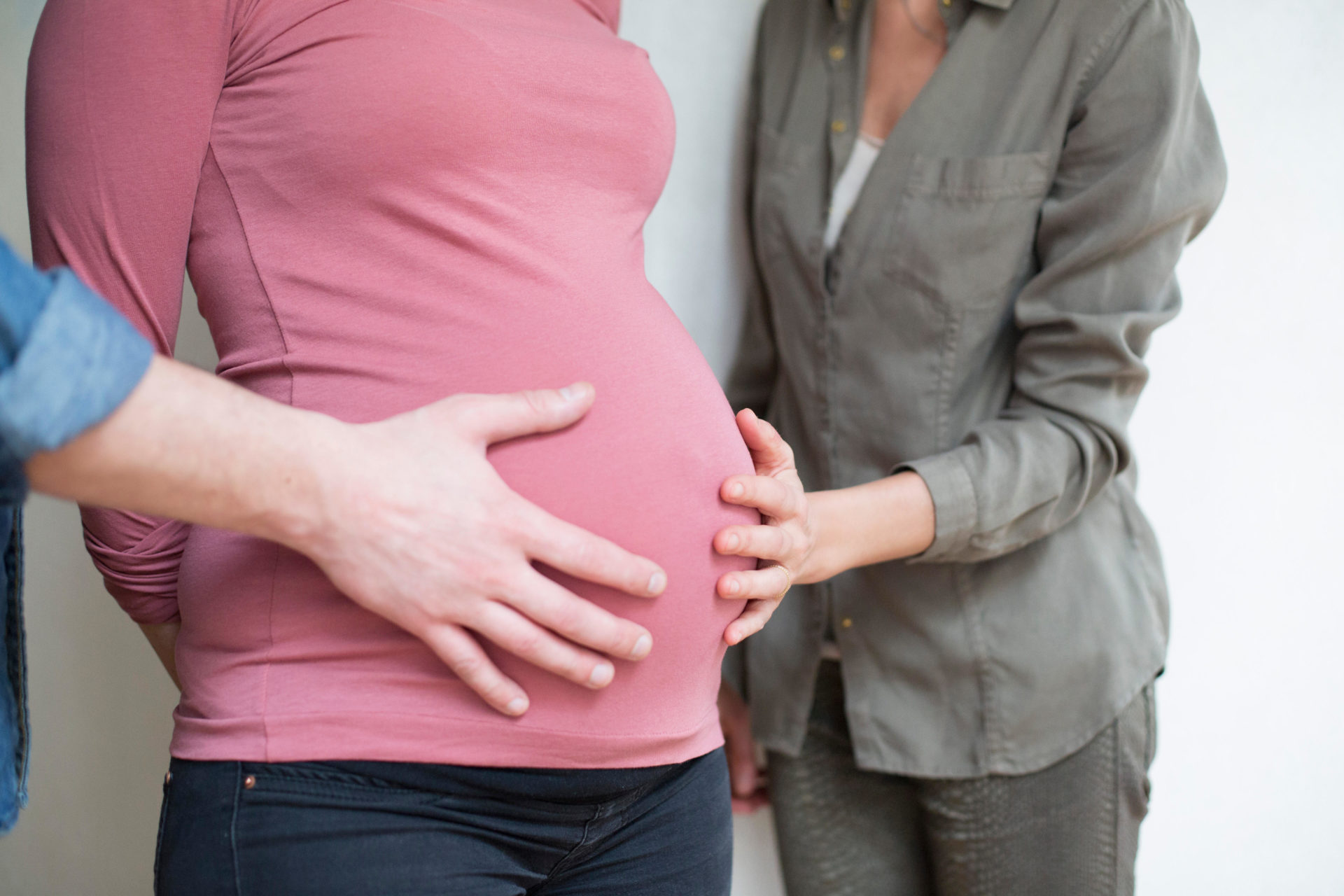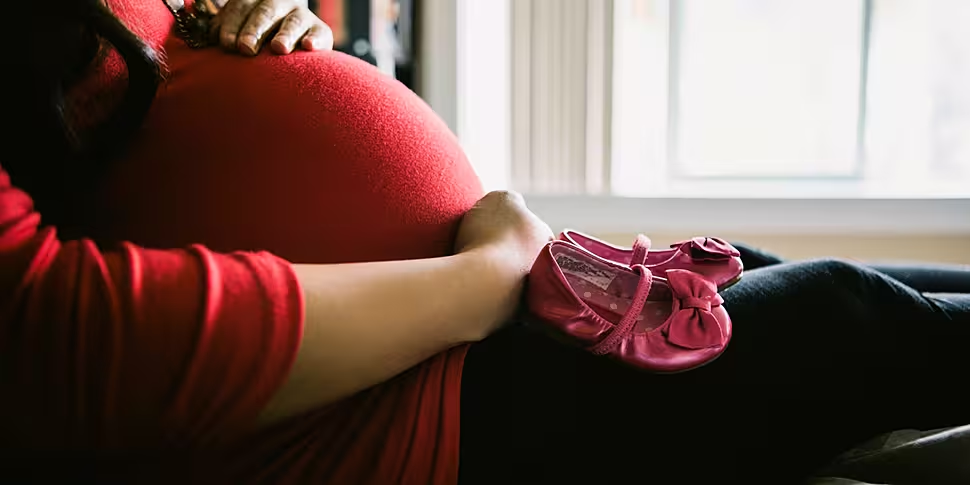One third of new mothers experience bladder leaks after giving birth.
If that statistic surprises you, it’s because it is an issue that rarely gets talked about publicly - mostly because of embarrassment.
On The Hard Shoulder, physiotherapist Aoife Harvey said there needs to be more societal awareness about women’s pelvic floor health.
“Childbirth is one of the big triggers and one-in-three women who have a vaginal birth will experience bladder leaks,” she said.
“That’s actually a massive number when you think about it and 50% of them in the first few weeks or months will experience what we call pelvic floor dysfunction which could be their bowels or prolapse or painful intercourse.
“So, 50% of women after pregnancy will have some problem with their pelvic floor even if it’s not the bladder - so, that’s massive numbers.”
Sometimes after birth, women find themselves with a condition called prolapse - which is when a body part shifts from its normal position.
“Things like prolapse are actually the vaginal walls themselves getting so stretched that they have to recoil and little parts of the walls don’t recoil,” Ms Harvey said.
“So, your bladder can kind of drop down into your vagina.
“There’s different types of issues.”
 A pregnant woman. Image: Photononstop / Alamy Stock Photo
A pregnant woman. Image: Photononstop / Alamy Stock PhotoDespite the seriousness of the issue, Ms Harvey said the health service lacks the resources to help women as it “just can’t keep up with the demand”.
“Most women go for a six week appointment with their GP or obstetrician,” she said.
“It is a very small appointment - a quick one - and the baby’s involved as well.
“It can be quite difficult for the woman to get a chance to talk about herself.
“I think as well at six weeks, you’re still in that fog of I don’t know what’s going on - ‘I haven’t got back to exercise, I haven’t had intercourse yet, so I don’t really know how I am, I’m just in this fog of motherhood.’”
Ms Harvey said in an ideal world, every woman would be given a follow up appointment by the public sector “just for her - without her baby”.
“Our appointments in the clinic are one hour,” she said.
“We go top to toe and we look at things like their tummy muscles which separate in pregnancy, we look at C-section scars, things like painful intercourse, haemorrhoids, bowels and then this whole return to exercise programme protocol.
“So, I do believe all women deserve that - but I do know our health system can’t keep up with it.”
Main image: A woman holding her pregnant belly. Picture by: Tetra Images, LLC / Alamy









